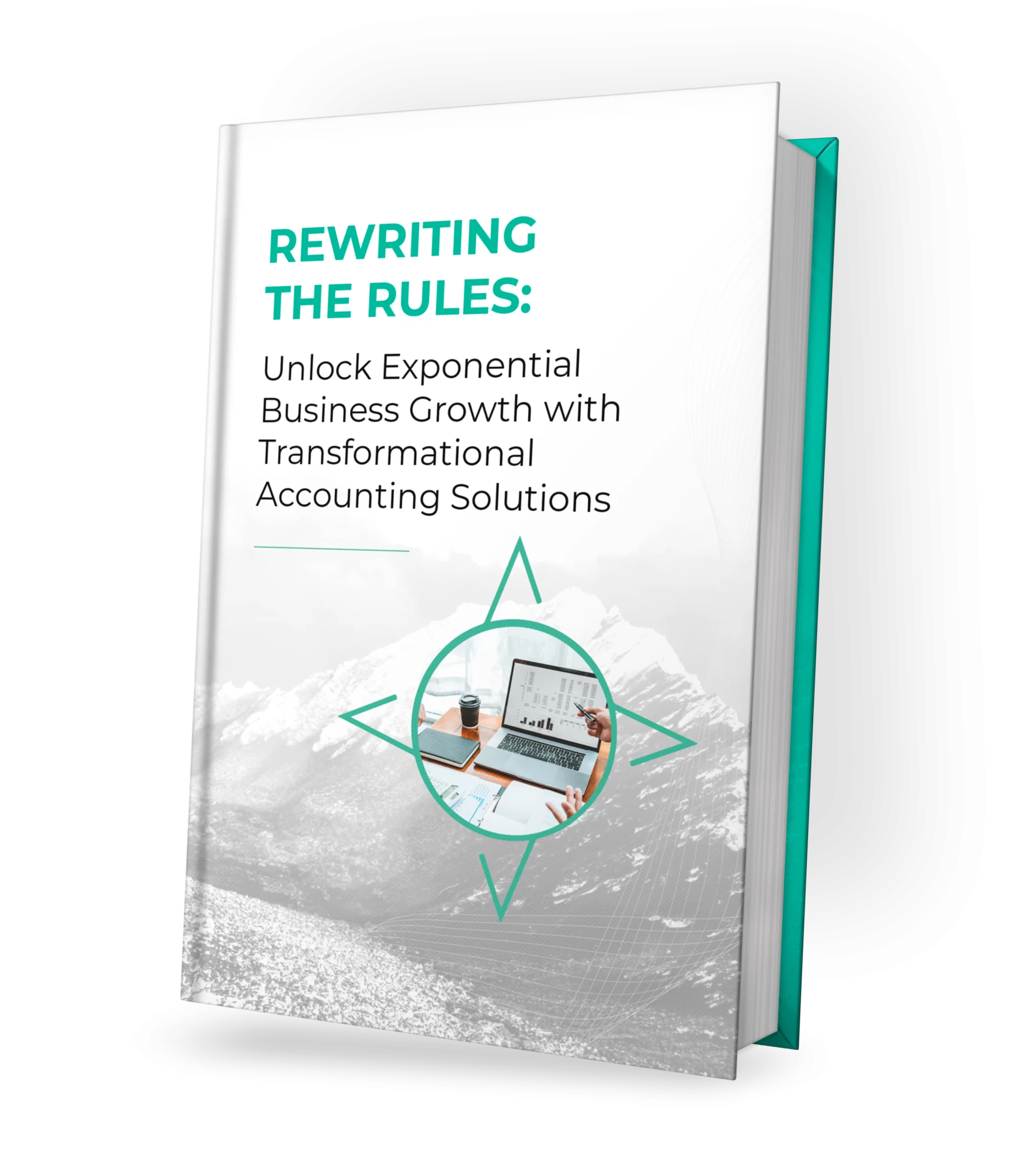Accounting can provide the information to fuel growth and engineer stability at a startup. Or it can do the exact opposite. Cash flow issues are the most common disruption startups face – and they’re just one of many issues that can result in waste time, money, and energy for entrepreneurs due to improper accounting. Don’t let preventable problems keep a company from achieving its full potential. Practice these startup accounting tips starting from day one:
- Learn the law – Explore the legal requirements that apply to all accounting practices. Things like when to file taxes, and how much are owed, how to record revenue and expenses, and how long to archive invoices.
- Separate expenses – Create a dedicated business bank account and use it for any and all business expenses. Founders need to keep their personal and business finances strictly separate for accurate accounting.
- Track expenses – Record every expense, no matter how small, and closely track how money is going out the door. Using a business credit card for all purchases is an easy way to record every expense in the right place to get that data into the accounting system in a timely manner.
- Leverage the cloud – Rely on cloud-based accounting software for the simplicity and accessibility it offers. Scalability is another advantage since cloud-based software can grow at the same pace as the business.
- Hire professionals – Work with accounting and finance experts to round out the in-house accounting capabilities. Outsourced accountants and financial advisors provide world-class capabilities without the expense of hiring or the hassle of recruiting or managing a team.
- Pay professionally – Perfect the payroll process so that every employee is correctly compensated on time. Payroll issues are a leading cause of staff departures and morale problems, so it’s important to get things right without exception.
- Project the future – Use your accounting figures to project your future cash flow and burn. Making sure you have visibility into future revenue, expenses, profit, and burn helps a startup survive downturns and disruptions, or invest in promising opportunities when they appear unexpectedly.
- Obsess about inventory – Keep a watchful eye on inventory levels, especially as orders increase and products multiply. Inventory problems can distort the picture of profits and losses and hide problems that need immediate attention.
- Pursue payments – Make it easy for people to pay invoices and keep close track of unpaid balances. Efficient payment procedures are hard to establish, especially at young, small companies, but they’re vital for keeping cash flowing.
- Be ambitious – Don’t think of accounting as an obligation – think of it as an opportunity. Smart accounting and finance, as much as anything else, can support startups to reach the next level. Set ambitious goals, then use financial finesse to get there.
Number five may be the most important tip on this list. The right financial partners can help startups of any size, at any stage in their trajectory, streamline day-to-day accounting and upgrade strategic planning and forecasting. What could they do for your startup? Contact Proseer to find out.

